On November 23, 2024, the 10th Chinese Young Scholars Forum on Economic Growth and Development was successfully held at the office building of Liaoning University (LNU). Themed ‘New Development Concepts, New Quality Productive Forces and Chinese Modernization’, the forum encouraged and supported young scholars to study the new issues in China’s economy at the new development stage. Professor Huo Chunhui, member of the Standing Committee of the CPC Committee and Vice President of Liaoning University and Professor Ye Chusheng, co-director of the Economic Development Research Center of Wuhan University and editor-in-chief of Economic Review attended the opening ceremony and delivered speeches. The opening ceremony was presided over by Professor Li Zheng, Dean of School of Economics of Liaoning University.
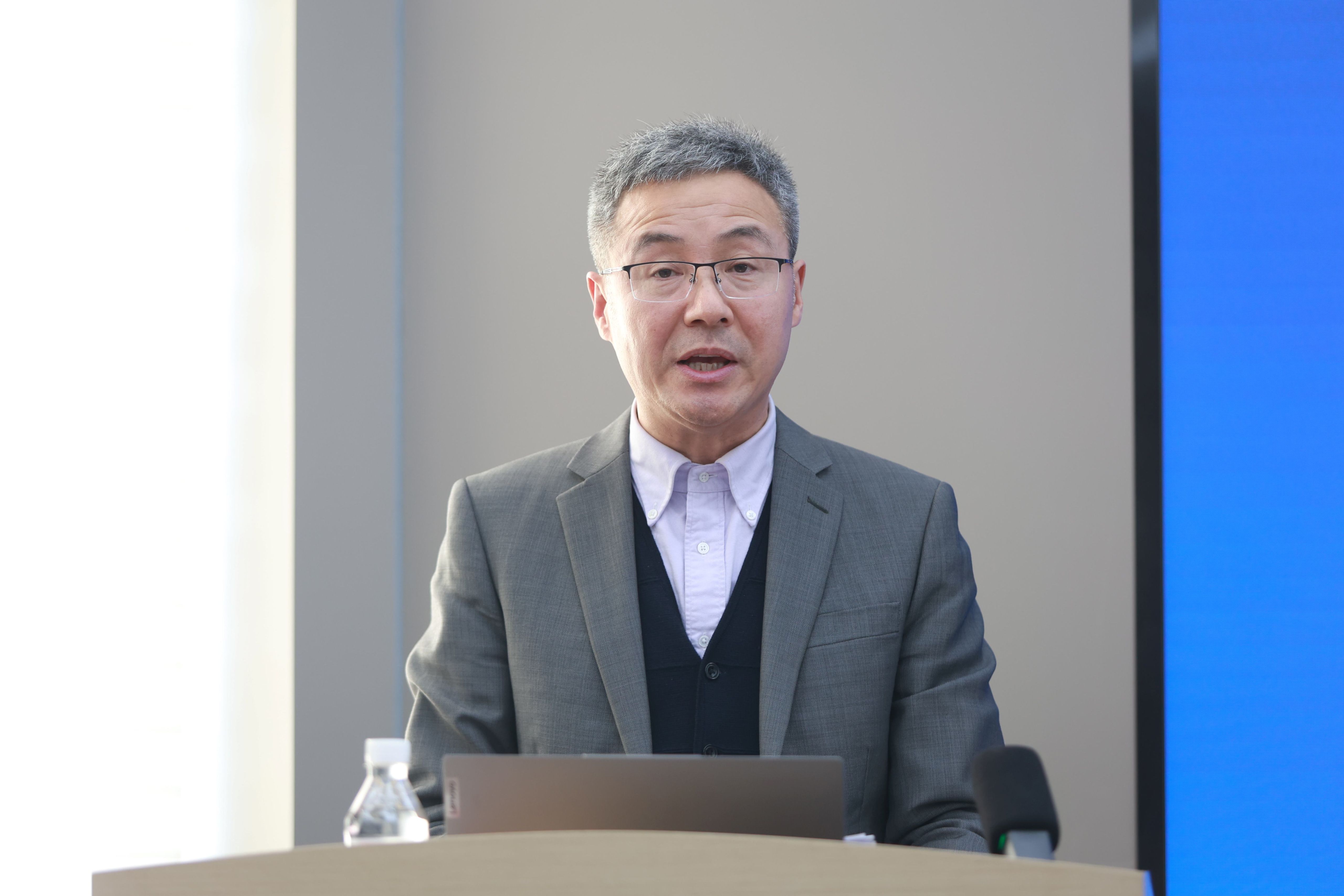
Huo Chunhui extended a warm welcome to the guests and congratulated the forum on its successful convening. He noted that the forum attracted experts, scholars and high-level periodical teams from well-known Chinese universities to attend, providing a platform for academic exchanges among young scholars from Chinese universities and promoting the integration and innovation of different disciplines. He added that as the discipline Applied Economics at Liaoning University is selected as a national ‘Double F-class’ discipline for two consecutive rounds, the School of Economics has made great contributions as a major player. He finally extended his expectation that the forum would further strengthen the exchanges and interactions between Liaoning University and the national economic community and jointly promote the high-quality development of economic disciplines.
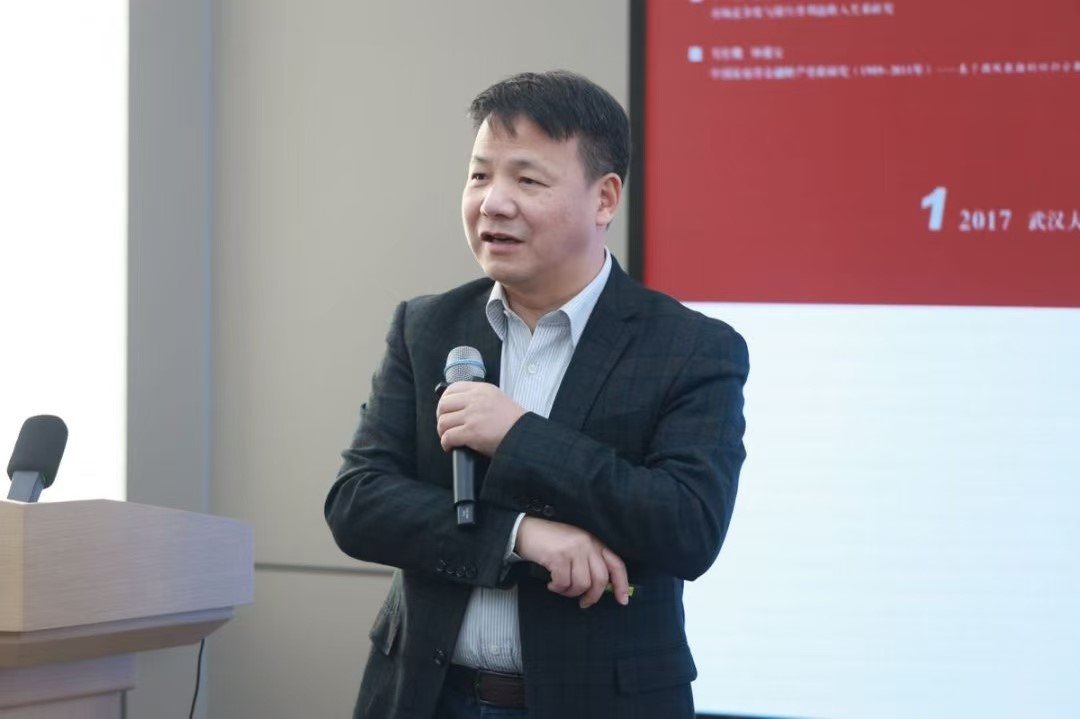
In his speech titled ‘Ten Years of Growth and Development: Country, Periodicals and People’, Ye Chusheng noted that China’s economy experienced a process of transformation in the past decade and is now enjoying booming development. Also at the same period, the journal (Economic Review) was innovating itself in a constant manner with rising influence as it worked to interact with Chinese universities and colleges. He expressed his hope that young scholars would work hard to pay tribute to youth with their academic achievements.
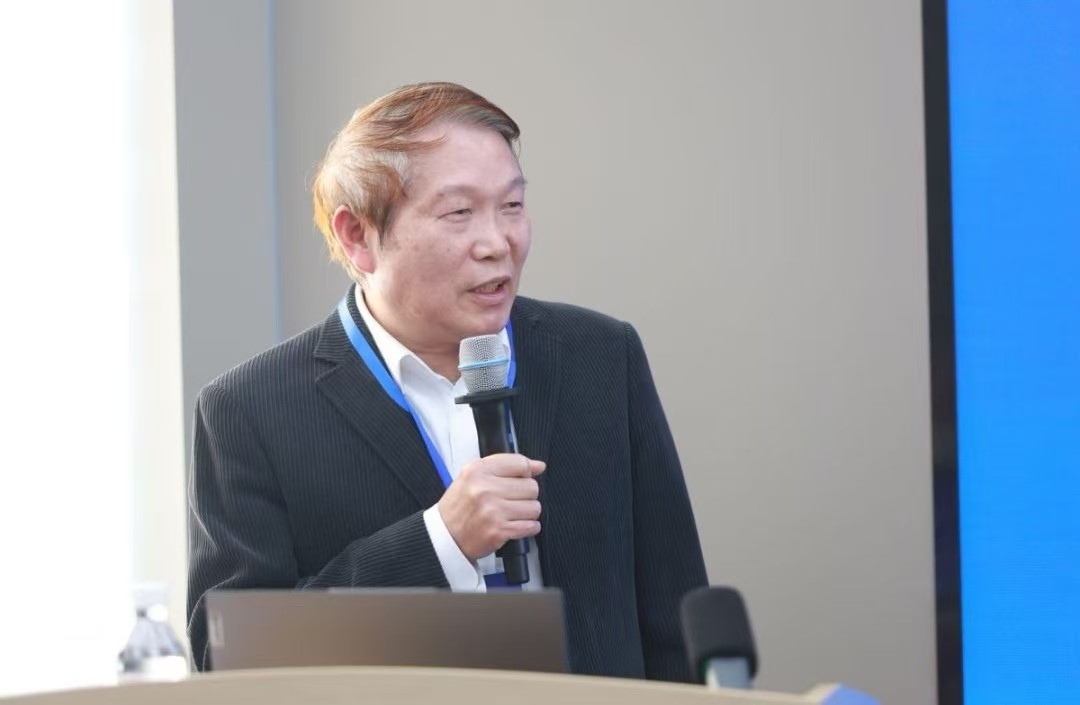
Five experts and scholars were invited to deliver keynote speeches at the forum, which were presided over by Professor Zheng Hongliang, a researcher at the Institute of Economics of Chinese Academy of Social Sciences and former executive deputy editor of Economic Research Journal.
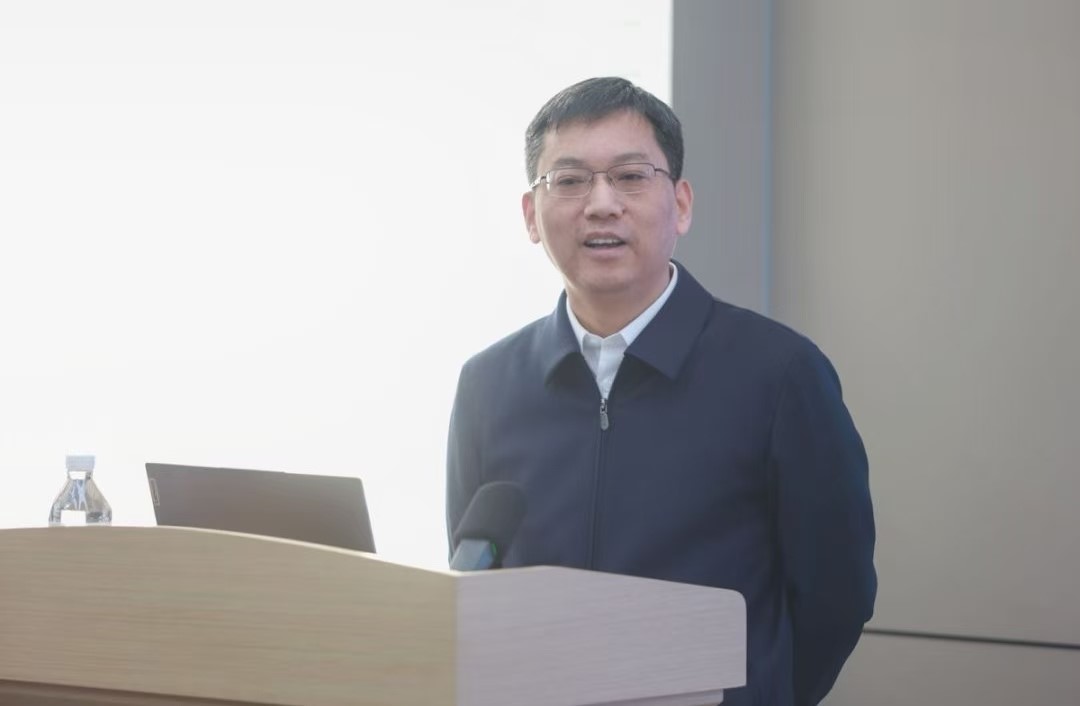
Professor Chen Yanbin, Vice President of Capital University of Economics and Business delivered a speech on ‘Analyzing the Current Macro Policy Based on the Database of Three Policies in One’. Based on ‘Three Policies in One’ macro policy, he predicted the macro-economic performance and implementation in China, noting that macro-policies should be strengthened and efforts should be made to speed up the reform tasks proposed at the Third Plenary Session of the 20th CPC Central Committee.
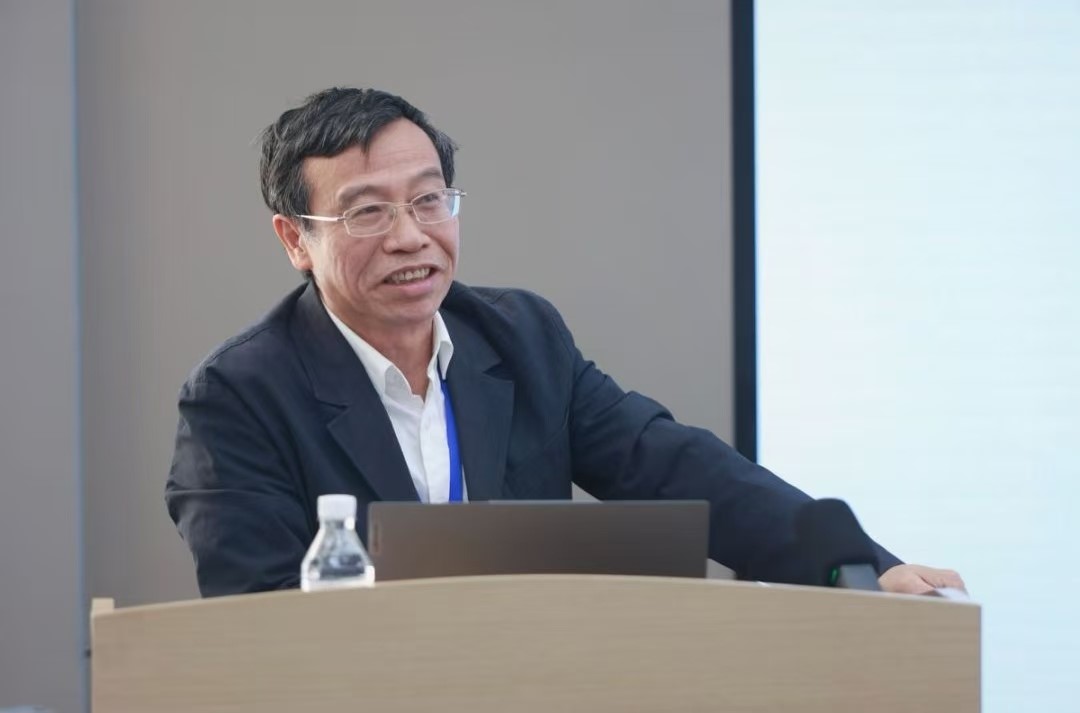
Titled ‘Accelerating the Promotion of Innovation Chains’ International Competitiveness’, Researcher Zhang Qizai, Deputy Director of the Institute of Industrial Economics of Chinese Academy of Social Sciences highlighted the importance of promoting innovation chains’ international competitiveness from promoting high-end industries, coping with international risks and challenges and vigorously developing new quality productive forces. He noted that China, as a representative of developing countries, plays an important role in global innovation chains.

Professor Ren Baoping, Dean of School of Digital Economy and Management of Nanjing University analyzed the logic and paradigm of the two-way interaction between new quality productive forces and new-type industrialization on ‘Two-way Interaction between New Quality Productive Forces and New-type Industrialization’. He noted that new quality productive forces and new-type industrialization could achieve two-way interaction by enhancing scientific and technological innovation, building a modernized industrial system and developing green productivity and high-quality development.
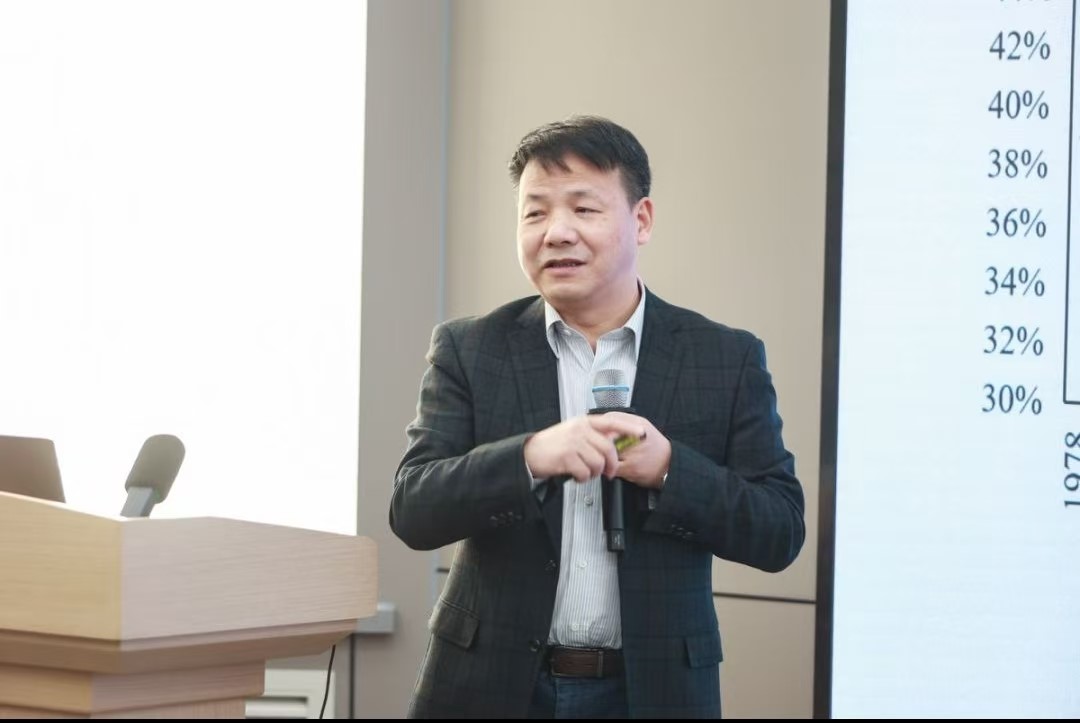
Professor Ye Chusheng, co-director of Economic Development Research Center of Wuhan University and editor-in-chief of Economic Review, delivered a speech on ‘Orientation of Development Economics of New Quality Productive Forces’. He interpreted the dual tasks of economic development in developing countries, new quality productive forces and economic development stages and new topics put forward by new quality productive forces to development economics. He added that summing up new practices and theories from the development of China’s new quality productive forces could contribute to the economic development of other developing countries in the world and the theoretical innovation of development economics.
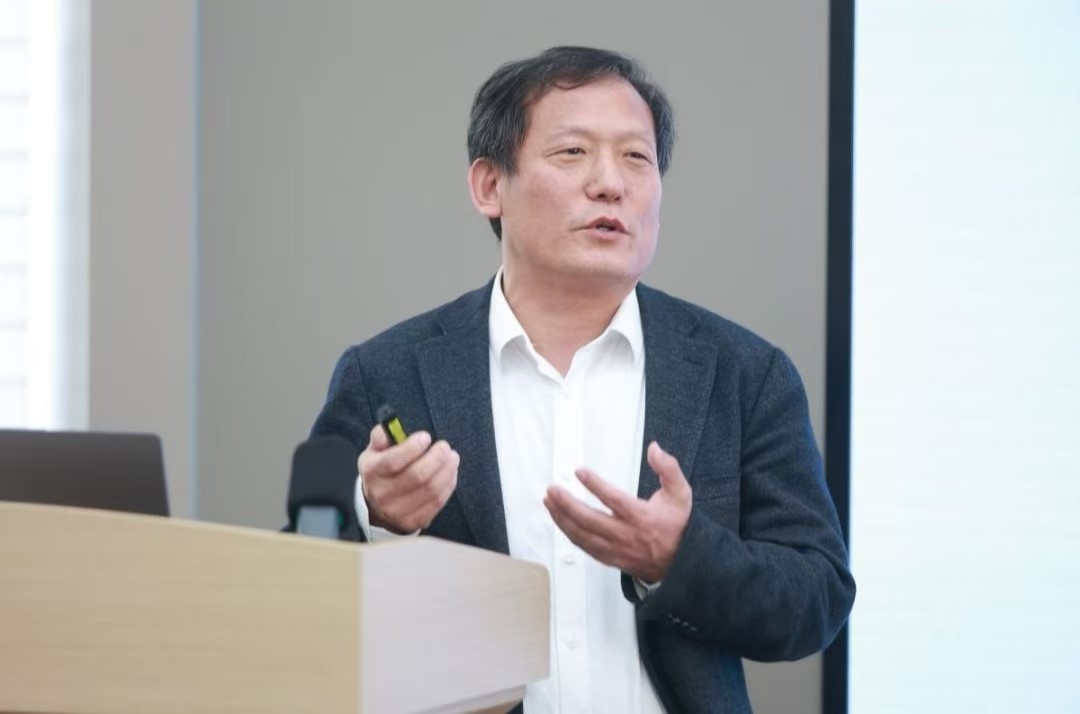
Titled ‘New Quality Productive Forces and High-Quality Development in the Age of Intelligent Economy’, professor Li Zheng, Dean of the School of Economics of Liaoning University noted that intelligent economy required the development of new quality productive forces with artificial intelligence as its core. He called for the construction of production relations suitable for artificial intelligence. He added that China should plan the R&D and application of artificial intelligence in advance and give full play to the guiding and supporting role of state-owned enterprises and state-owned capital in the development of intelligent economy, infrastructure construction, talent training and capital layout.
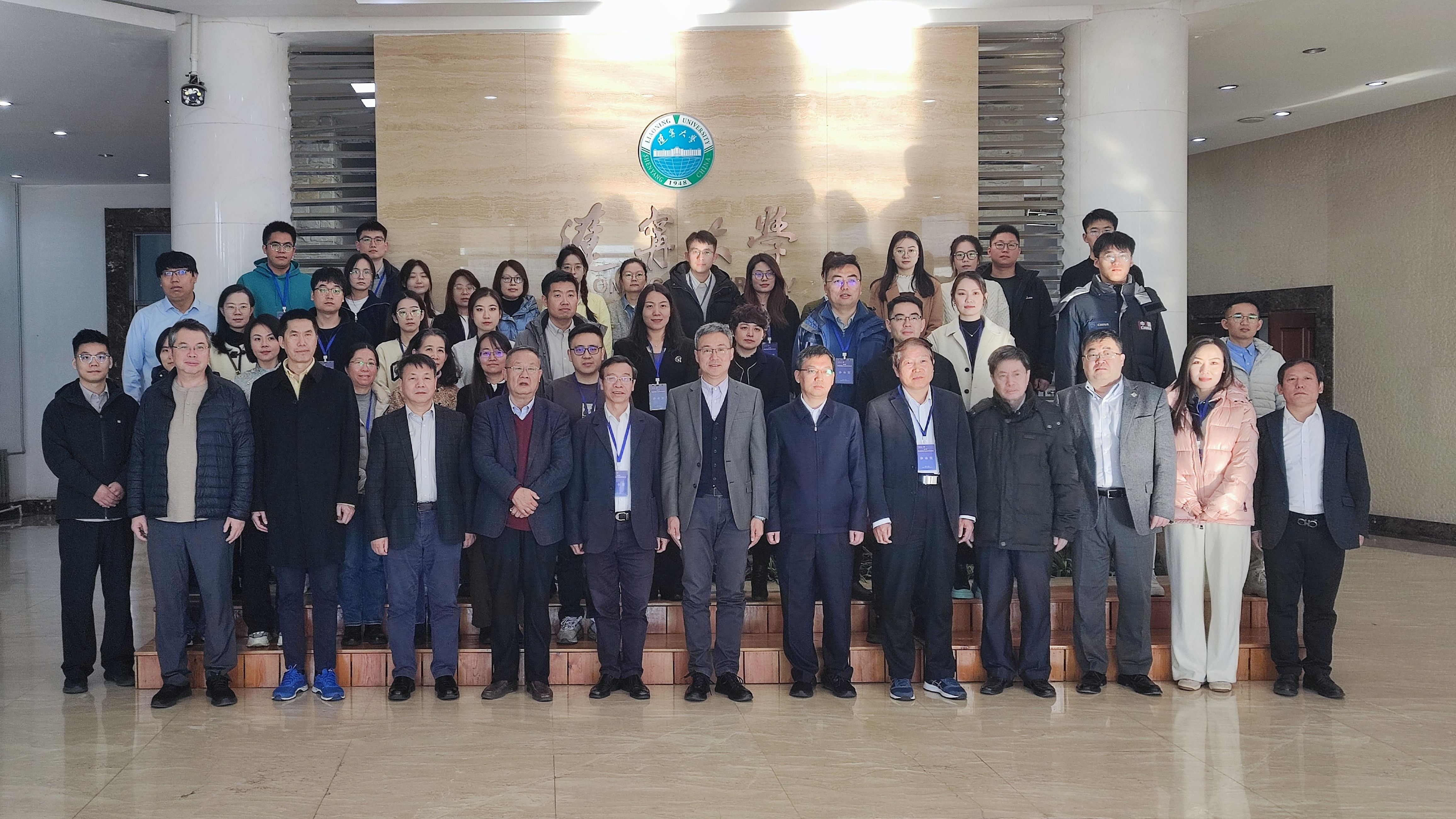
The forum was jointly organized by the editorial department of Economic Review and the School of Economics of Liaoning University. Scholars from over 20 universities including Chinese Academy of Social Sciences, Renmin University of China, Fudan University, Nanjing University, Wuhan University and more than 100 teachers and students from the School of Economics of Liaoning University conducted in-depth exchanges and discussions. The forum received more than 240 papers submitted by applicants and identified 24 papers after two rounds of anonymous evaluation. Five parallel forums for on-site communication were provided. Eight papers were rated as excellent papers after anonymous evaluation by senior editors of the journal.